When I was approached by my editor and friend in Australia Jodi Cleghorn about doing this, I was a thrown off by it. The #MyWritingProcess thing had been making the rounds and people all over the world were expounding on how they went about smithing their words.
It all goes back to thinking of myself as writer, which I haven’t honestly done in a few months due to other commitments. Hey, bills don’t pay themselves and my skills as a developer are the thing in demand right now. It’s a sad reality many of us face.
Also, the topic was about writing, not screenwriting. Although I’ve written some prose fiction in the past that had been published, it wasn’t something that I’d thought to tackle.
But Jodi suggested I do this as a screenwriter. To put more into words how it all comes about. To dig into my brain and figure out how in the hell I managed to write no less than a dozen* scripts over the last 8 years.
And no, I don’t use WordStar on DOS. Although if I found myself in front of the comfortable blue screen of WordPerfect 4.2 in MS-DOS with my color-coded keyboard template I’d be happy as a clam.
Answer Me These Questions Four
1. What are you working on at the moment?
As far as screenwriting goes, I’ve been working on a web series called Asphalt She-Wolves. The pilot will be shot in about a month’s time.
For non-fiction, I’ve been procrastinating on finishing a book on online films which includes interviews with the filmmakers.
I’m also a screener for the Seattle Shorts Film Festival. This is the second year I’ve been a screener for a festival, and this time around I can honestly say there’s been some excellent short films submitted.
2. How do you think your work differs from that of other writers in your genre?
At least some of each story I write has ingrained in it a personal experience of some kind. To me that helps make it appear more real to me, and probably to others. It can be as simple as a line of dialogue or as complex as how someone is characterized. You could say I’m plagiarizing from my own life, but I’m only taking the bits that work for that story. Sometimes that doesn’t pan out and surgery is required.
As a writer having a little bit of life inside the story helps ground it, even if I’m off on another world or in a situation that couldn’t possibly happen in reality. I call it hanging some meat on the skeleton so it looks more real.
I’m also constantly thinking of things that I haven’t seen before, or seen a certain way. This gets my gears turning too. There’s this little movie theater inside my head, and it’s projecting what I want to see right there. In a way it’s more like transcription than writing.
3. Why do you write what you do?
Why does anyone write anything? Because there’s something inside that needs to come out. And writers have this curious quirk of not only having the urge to put pen to paper but have something a little off in their heads.
If everything was happy clouds and fun in the sun for us, we wouldn’t be trying to get something out. And it’s cheaper than therapy.
I’m no different. First one word, then the next. Soon there’s a coherent sentence on the page. But you want to know why I tend to gravitate to horror. The scary stuff. The heavy, bloody, often gory things.
It’s because it’s always attracted me, even as a little kid. Seeing the freaks at the sideshow, the stranger side of life, that lit me up. Being scared was exhilarating. Some episodes of the original Twilight Zone and The Outer Limits frightened me, but they also made me think. And I knew those writers had some kind of special magic that I wanted to try my hand at.
Three movies from my youth cemented it for me: Alien, Poltergeist, and The Shining. These movies basically said, “If you want to do this, this is how you do it.” They were, for the longest time, the only manuals I had for horror. It’s also not a coincidence that this was when my love affair with Stanley Kubrick movies started.
So I guess you could say I love trying to scare the crap out of people without having to do it for real. It allows me to exorcise any demons I might have in my mind at the moment, and gives me some satisfaction making something that other people can enjoy on different levels.
4. What’s your [screen]writing process, and how does it work?
For a long time it was a question of how it doesn’t work. There are tons of books out there and countless websites that can give you any myriad ways to do it. But unless you’re comfortable with the process someone else lays out for you, it’s not workable.
Jodi had requested that I write about my screenwriting process, since there wasn’t much in the mix of that kind thus far. Hopefully some other screenwriters will jump on board and write about theirs as well.
For me it starts with a character or event of some kind. Sometimes it can come from watching or reading a news piece in passing, or several different bits that I might store in my brain for later use.
Then, sometime later, it all comes bubbling to the surface as some kind of Frankenstein’s creature; it’s not fully-formed, but I have a general idea as to the tone and theme of the story. In other words, I’ve got a who and a what, and even some idea of a how. I leave some wiggle room for the characters, because once they’re out of the jail called my brain they’re going to do and say things that might be important but I hadn’t plotted out in advance. This, to me, is a good thing.
Next is figuring out how I want to write it. I have several avenues: short film script, short story, feature film script, novel, etc. That comes from asking myself if there’s enough of a story there to warrant going that longer distance with it.
Then comes the part of actually writing it. I don’t believe in taking forever with pages upon pages of notes, voluminous outlines, or even treatments. They’ve been nothing but procrastination tools for me. At most, I have about one side of a steno page with my principal characters and the “rules of the road” for that particular story. Most of those rules are boundaries on what I absolutely can and cannot do. They help keep me in check and trying to cross over into cliché territory.
Some writers seem to live and die by the outline. I’m too busy actually writing at that point to do one. It’s almost like a form of masturbation to me, and an unpleasant one at that.
Whatever story it is, it’s screaming to come out, so that first draft had better have a “THE END” on that last page before doing anything else. That’s the important part I learned many years ago: many hopeful writers never finish that first draft. And without that, you’ve got zero, zip, zilch, nada.
So follow through, and get that first draft finished. That’s why drafts were invented, so you’d have something to edit later. Well that, and to give editors something to do.
Happy writing!
3 thoughts on “My Writing Process Blog Tour”
Comments are closed.

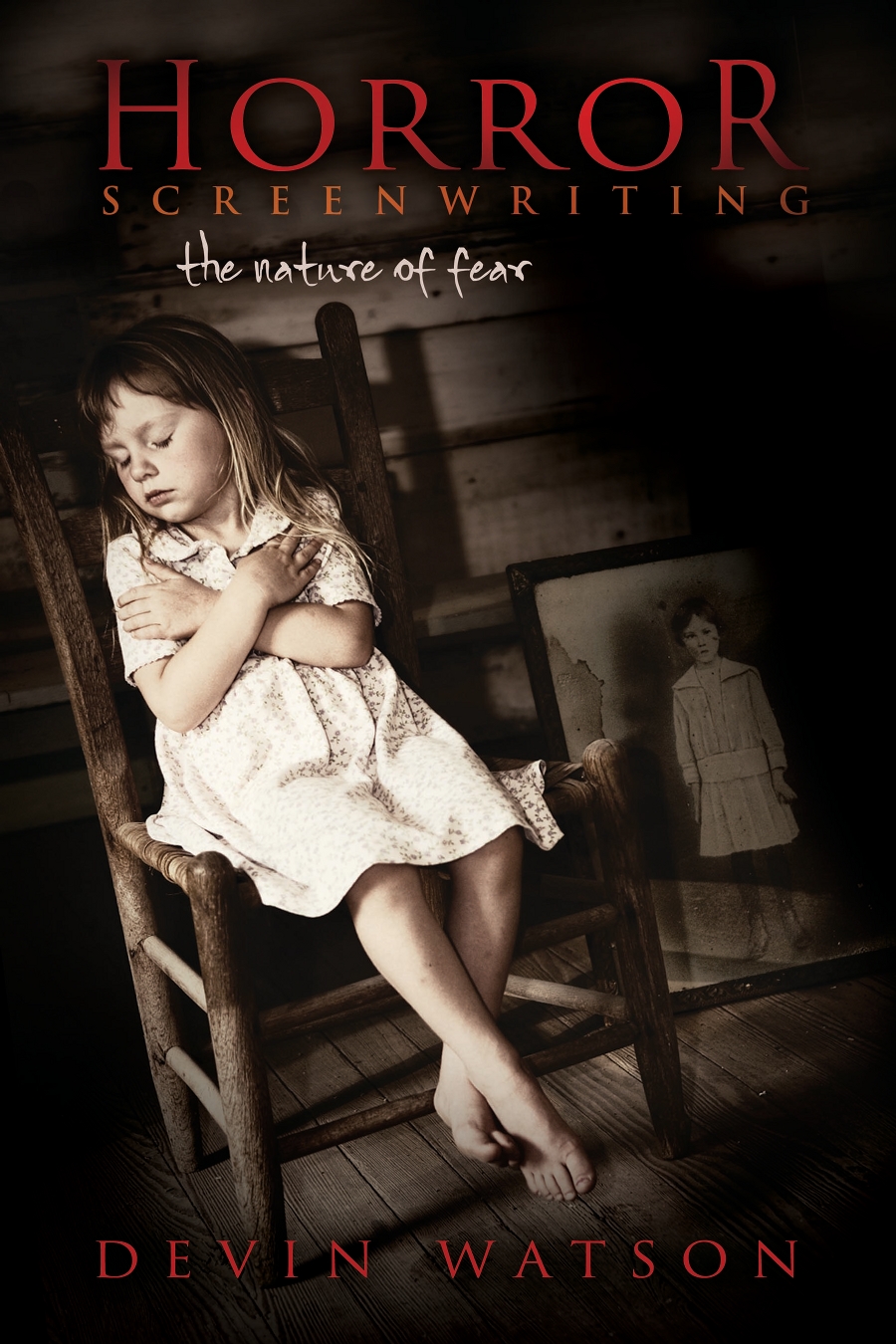
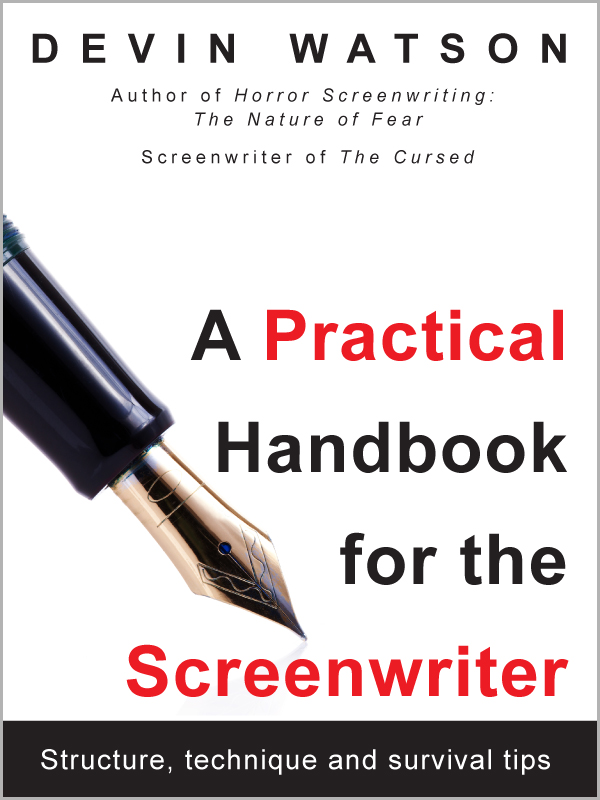
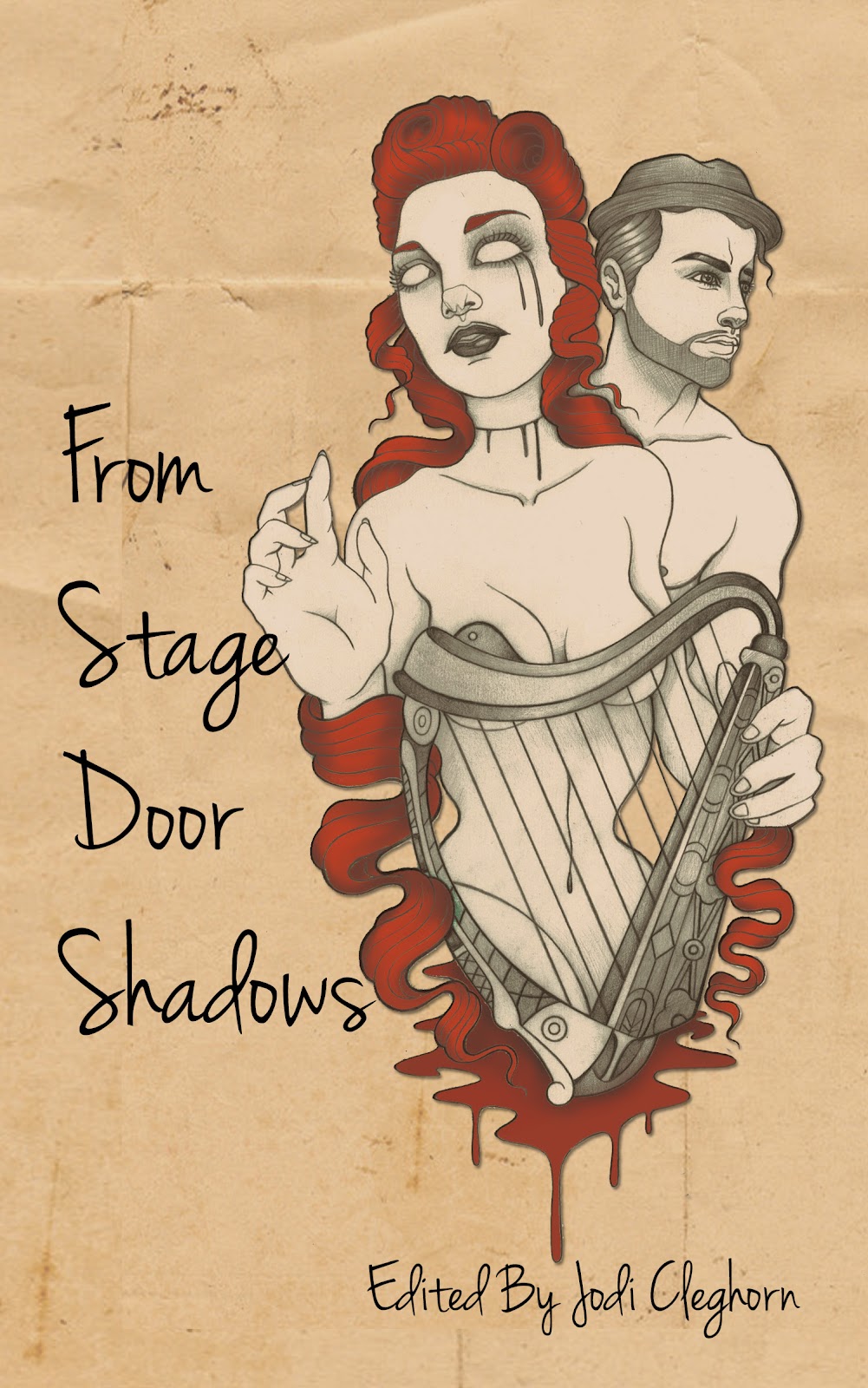
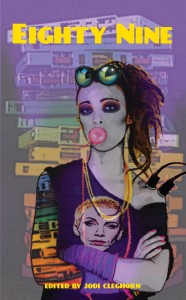
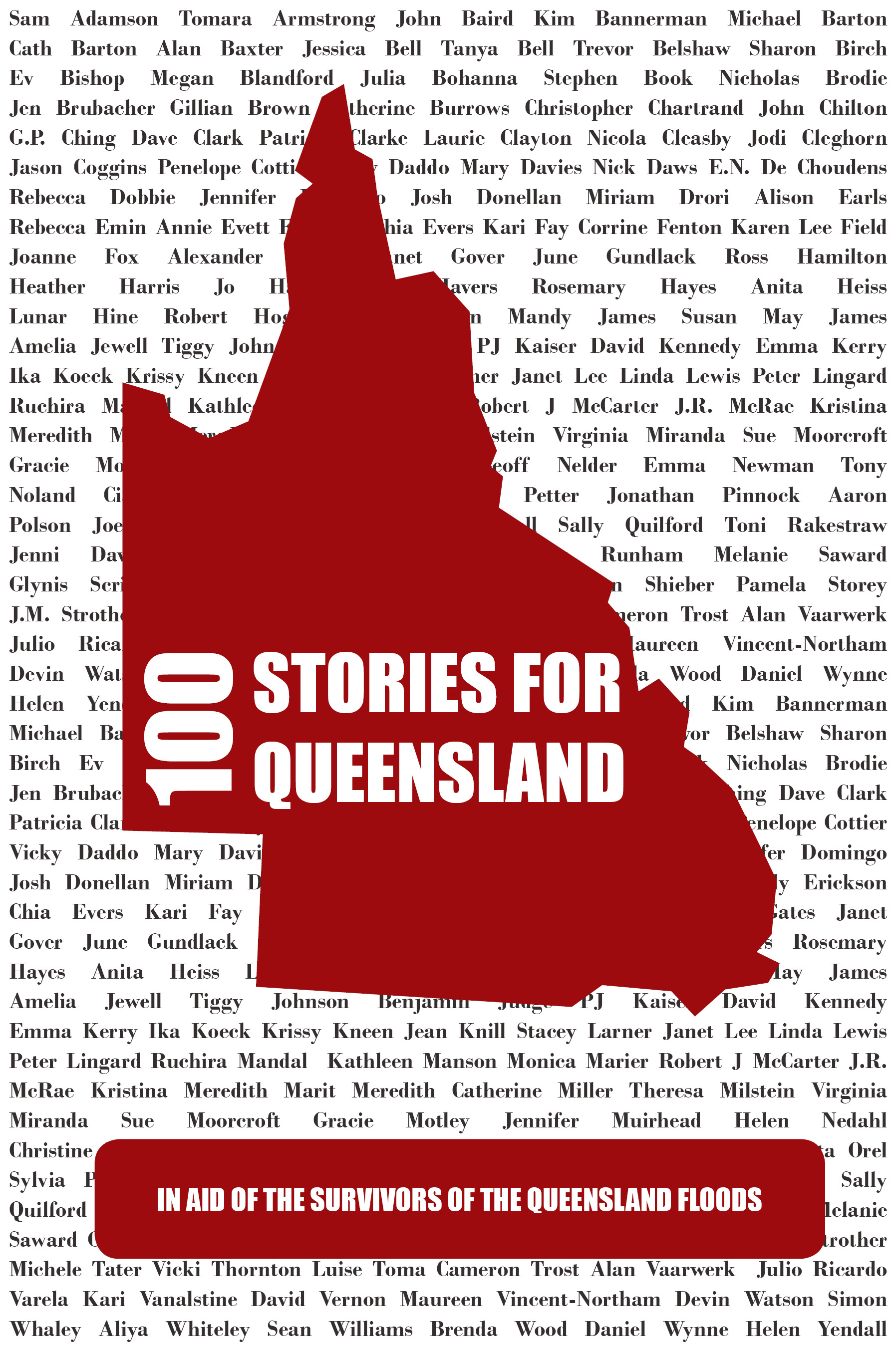
Timeless advice about just getting a draft finished.
Ironically for me (and this absolutely might change over time) I have to have an outline to write a screen play. I’m not sure why. Perhaps it was just because we were adapting, but it seemed to be my way into the story. Whereas with fiction, I just write the bloody thing.
The closest I have ever got to an outline was one small page of dot points as to what had to happen and the order of deaths to bring me over the line with my novel in November. And that had more to do with keeping myself on track because I was pulling an all-nighter and seeing those dot points ticked off was motivation to keep writing against the night!
Thanks for taking part and showing writing is writing, regardless of the format it takes.
I probably should have clarified a little bit about not liking treatments or outlines. When collaborating with someone they can be quite effective if you don’t let them bog you down in the minutiae. For many solo writers it’s also necessary. Different minds, different styles.
In screenwriting, an unfinished screenplay doesn’t count for much of anything. Producers will want to see something with a “THE END” on that last page. It’s a base unit of currnecy like the penny.
Different horses and courses, absolutely. But it’s always nice to find someone who talks your language or at least gets to you look and understand your process better.